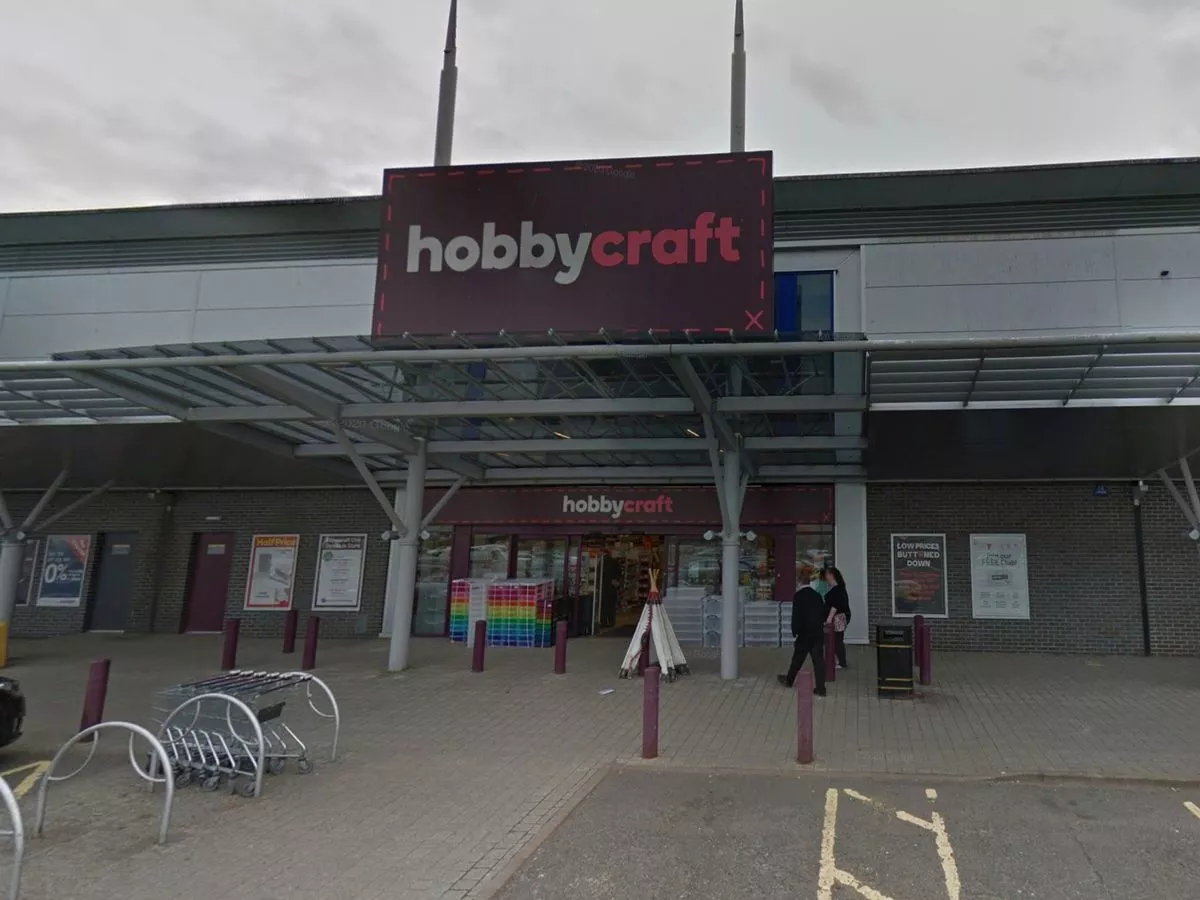Copyright berkshireeagle

WILLIAMSTOWN I'd guess that more than a dozen-or-so pairs of shoes, boots and sandals have been delivered to this address in the last 24 years. Some have remained, but a good many others were found wanting for various reasons and were returned to their sender(s). A few pairs were the wrong size — their makers get a "pass" on that — but most were just poorly manufactured. That would have deeply annoyed and disappointed one of our neighbors. The late Robert E. Wall had lived with his family on South Street for 50 years; he died Oct. 12, 1992, at age 78. A North Adams native, he was president of the former Wall-Streeter Shoe Co. Founded in 1912 by his father, James E. Wall, and a partner, Edward Streeter, the company's offices and manufacturing facilities were situated on Union Street in North Adams. Robert Wall succeeded to the presidency in 1960 after his father died. Wall-Streeter was sold to Florsheim Shoe Co. in 1974. Florsheim closed the business the following year; some 200 workers were laid off. Having had only a slight acquaintance with him — I visited his house a few times as a guest of one of his daughters, a high school classmate — I can only guess how he felt about that. I think it's safe to speculate that he was deeply affected by it. He'd grown up in North Adams and attended local schools before enrolling at Taft, a private boarding school in Watertown, Conn., graduating in 1933. Four years later, he graduated from Yale. Returning home, he was employed on the Wall-Streeter factory floor at the behest of his father, who wanted his son to learn the business from the ground up. "'Bob' had to produce with the best of them, or Father had to know why," reads a profile of the company published in the former North Adams Transcript in February 1960. "During those formative years at the plant, he got to enjoy the camaraderie of his fellows," the late Sumner Kean's article continues. "It stands him in good stead now. Although he is their employer, he is still their friend, and they give him their best." At the height of its prosperity in the early 1960s, the company annually produced 400,000 pairs of shoes in a wide variety of styles and models. Robert Wall believed that making and selling high-quality shoes at a fair price would assure the firm's financial future. He knew his market, and he worried about overextending Wall-Streeter's production capabilities to a point at which quality could be compromised: He maintained a production limit of 2,000 pairs of shoes per day, according to Kean's article. Gradually, however, competition from overseas and some domestic manufacturers' mass production of low-price textile-allied products such as shoes depressed Wall-Streeter's market share below a sustainable level. By 1974, daily production had long been below the 2,000-pair limit. Mr. Wall surely saw the end coming — he'd been working in the industry too long not to — and while he was largely powerless to avoid it, he did what he could, serving as president and treasurer of the Wall-Streeter Holding Co. and as a consultant to various shoe manufacturers and businesses in the region, according to his obituary. Had he lived longer into the digital age, he likely would have accepted with gentlemanly grace many, if not all, the changes it has wrought. Still, I suspect that if a badly made, online ordered item — especially footwear — arrived at his house, he'd briefly mourn the passing of a time when so many businesses like his kept true faith with customers from drawing board to doorstep. Spotted while web surfing "School is important but baseball is importanter." "I didn't know girls sweat." "Dear karma, I have a list of people you missed."



